There’s a version of life we all quietly dream about. One where the body moves with ease, the mind is agile and curious, and the spirit feels grounded even amidst the world’s chaos. It’s a life not just defined by success, but by balance—between strength and softness, ambition and rest, structure and spontaneity. This week, we circle around that dream in three distinct but surprisingly connected ways—health, technology, and the human need to belong to a tribe that moves together.
As the second-year MBA 2026 students return to campus and dive into the rhythm of a new semester, the world around them is moving just as swiftly. But the longed-for life doesn’t always lie in acceleration—it sometimes asks us to pause, recalibrate, and move with renewed intention. It asks us to not just run, but understand why we run. To not just automate, but choose how we let machines augment our humanity. And most crucially, to not just heal, but to build systems that keep us healthy and thriving.
So whether you’ve just logged your first classroom hour this week or your first training mile, this edition is for you. A gentle push to pursue that longed-for life—not in the distance, but right here, now, one deliberate step at a time.
DTW
During the Week, in a compelling interview with Moneycontrol’s “Latha & The Leaders,” Kiran Mazumdar-Shaw, Executive Chairperson of Biocon, introduced “Diabesity” as the new frontier in healthcare—an umbrella term for the twin epidemics of diabetes and obesity.
The merging of these two chronic conditions into one concept underscores a growing global crisis, especially in India, which already has one of the highest burdens of diabetes. Now, with increasing obesity rates, the challenge is compounded. But hope lies in innovation, and Mazumdar-Shaw believes that GLP-1 drugs may be the breakthrough we’ve been waiting for.
GLP-1s—Glucagon-like peptide-1 drugs—offer the rare promise of addressing both conditions simultaneously. These drugs regulate blood sugar, appetite, and body weight by mimicking a natural hormone produced in the intestines. As noted in the Moneycontrol feature, Biocon is building a strong GLP-1 pipeline, leveraging its decades of expertise in insulin manufacturing, which shares similar technology and infrastructure.
Mazumdar-Shaw emphasizes that GLP-1s are not easy to produce. Their complex supply chain—from API manufacturing to sterile drug delivery systems—requires scale and deep domain expertise. Biocon is one of the few Indian firms with the capability to manufacture at global scale, with its insulin legacy providing both technical and regulatory credibility.
Beyond diabetes, the real game-changer lies in treating obesity. As Mazumdar-Shaw explains, semaglutide—the poster child of GLP-1s—comes in two versions: one for diabetes, and the other for weight loss. The obesity indication opens up a vastly larger market and public health impact, especially in countries like India where lifestyle diseases are surging.
Biocon’s early foray into this space could not be more timely. As the science advances and access improves, GLP-1 drugs may not just treat diabesity—they could reshape our relationship with food, exercise, and long-term health.
As GLP-1 therapies reshape the future of metabolic health by targeting the twin epidemics of diabetes and obesity—collectively termed “diabesity”—another transformative force, GPTs (Generative Pre-trained Transformers), is revolutionizing how we think, learn, and work. Both signal a future where smart solutions enhance well-being—biological and cognitive.
In the ever-evolving world of business, the one constant is change—and the velocity of that change is now turbocharged by AI. For young managers and MBA students preparing to enter the workforce, understanding the transformative power of AI isn’t optional; it’s essential. Consulting giants like McKinsey, BCG, and Deloitte are already living this new reality.
Take McKinsey’s “Lilli,” an internal generative AI assistant used by 70% of its 45,000-strong workforce. Lilli synthesizes a century’s worth of intellectual capital into quick insights and research summaries—essentially a living, breathing (well, typing) expert on demand. At BCG, Deckster builds pitch-perfect slide decks with the click of a button, freeing consultants to focus on higher-order thinking. Deloitte and PwC, meanwhile, are building AI “agents” designed to think like humans and collaborate seamlessly, signaling a future where humans and machines don’t compete—they co-create.
These tools aren’t replacing people; they’re reshaping what people do. The administrative drudgery and repetitive tasks are being eaten by algorithms. What remains—and what becomes even more important—are critical thinking, emotional intelligence, ethical judgment, creativity, and strategic vision. AI takes care of the “how,” but young managers must focus on the “why” and “what next?”
For students and early-career professionals, this means a seismic mindset shift. You are not just learning how to analyze case studies—you are being trained to work with intelligent systems that adapt and learn with you. Embracing tools like ChatGPT isn’t cheating; it’s the modern manager’s calculator. But just as the calculator didn’t replace math, AI won’t replace strategic thinking—it will amplify it.
Your job now is to learn how to ask better questions, think critically about AI’s outputs, and ensure that technology remains your co-pilot, not your replacement. Learn how to “talk to the tools,” and more importantly, how to translate their insights into business impact.
Because in the world you’re stepping into, the best leaders won’t be the ones who resist the AI revolution—but those who ride the wave with wisdom, ethics, and a little curiosity.
GLP-1s and GPTs may belong to different worlds—biotech and artificial intelligence—but their impact converges in one important way: personal empowerment. While GLP-1s promise to reduce the burden of lifestyle diseases like diabetes and obesity, GPTs unlock cognitive capabilities and productivity, reshaping our knowledge economies. In a world that increasingly demands both physical and mental well-being, these innovations offer a new kind of prescription: science that supports sustainable lifestyles and technology that amplifies human potential. Whether it’s managing our health or managing our time, the future lies in tools that augment—not replace—our efforts.
OTW
Over the Weekend, the inaugural Telangana Run 2025 turned out to be more than just a race—it was a festival of fitness, friendship, and phenomenal spirit. Held on the morning of Sunday, 8th June, around the iconic Hussain Sagar , the event saw the running community at its vibrant best, coming together in full force.
As always, the pictures fall short of capturing the infectious energy on the ground. From the loudest cheers to the warmest hugs at the finish line, every moment was a memory in motion.
Best Ambassador? No contest—Kushagra Tyagi earned that title in style.
Best Running Group? None other than our unstoppable Peerancheruvu Runners, proudly wearing their whites and winning every cheer.
And the podium finishers—big shoutout to Nidhi Karnani, Santosh Sharma, Meenal Agarwal and Rajitha Bhat. Your grit and grace made us all proud!
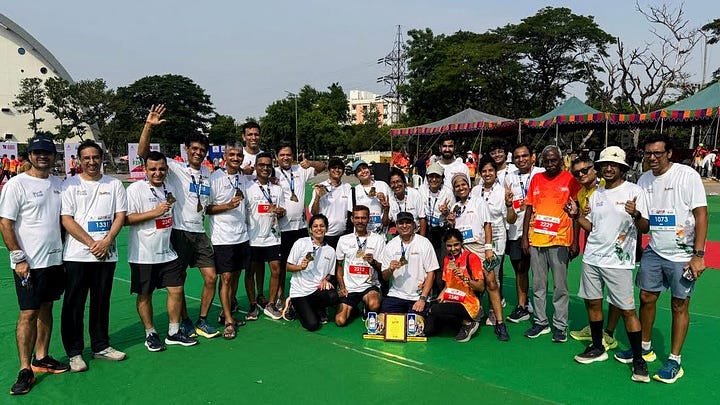
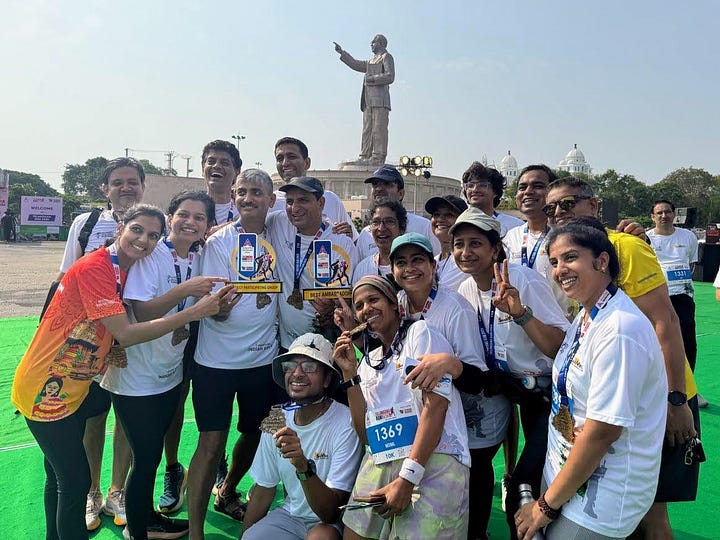
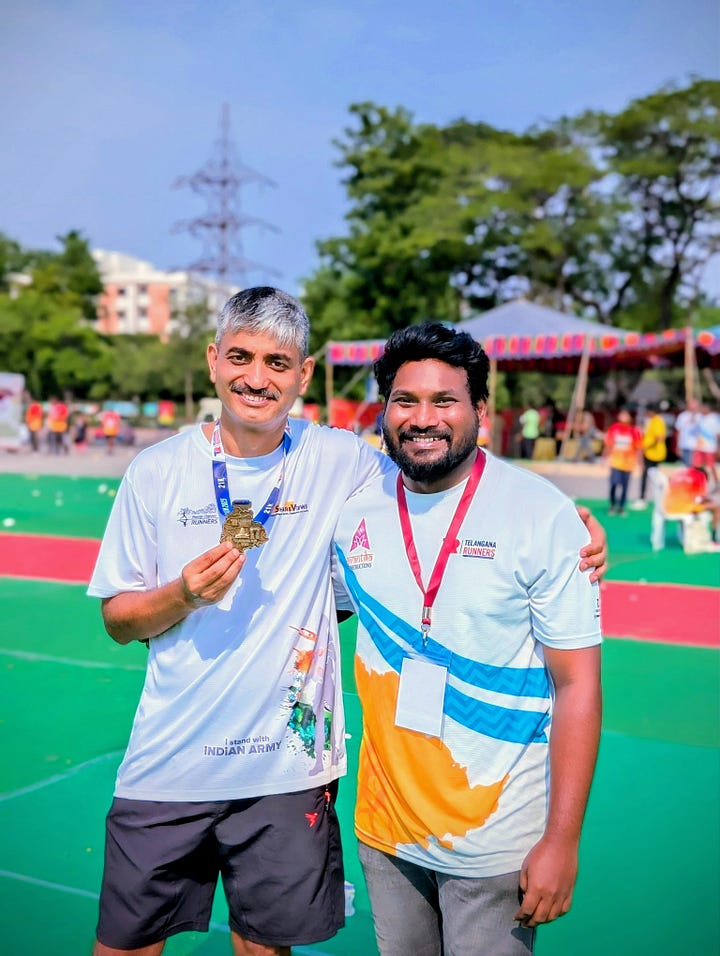
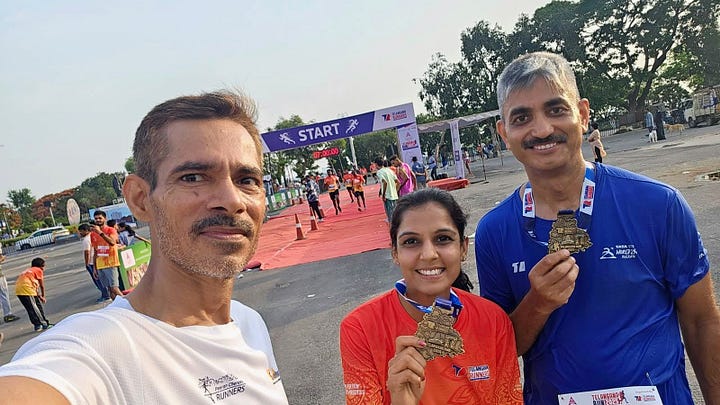
The wild cheering—whether for finishers or just for fun—was electrifying. A huge thank you to Vasu Srinivas Sannidhi for the eye-catching white tees and for making sure we quite literally stood out. And to the trio of champions handling the behind-the-scenes “boring stuff” like bibs and t-shirts—Sameer Dwivedi, Kiran Kumar, and Romesh Binwani—we owe you!
To every runner who drove others to the venue, and to those who cheered like pros on the course and finish line—thank you for making this a day to remember.
Long-distance running might just be the most underrated General Purpose Technology (GPT) of all time. It sharpens the mind, conditions the body, and builds a resilient, goal-driven spirit. The rhythm of each step connects us to community, to purpose, and to the joy of slow, steady progress. In a world of rapid change, long runs remind us that endurance, not shortcuts, is what truly gets us across the finish line.
Until the next start line… keep the shoes ready and the spirit high!
I Love You
Shailendra
OTM
Opportunities through MountainSpeak are available with Centre of Excellence for Digital Transformation.
As part of career preparedness in the era of rapid digital transformation, our MBA students engaged in an insightful session with alumna Bhavishya Rao (MBA 2011).
Her experiences across media and tech platforms offered valuable lessons in adaptability, strategic thinking, and content innovation—equipping students to navigate and lead in evolving digital ecosystems.
More details at https://www.linkedin.com/posts/shailendrabisht_proudfaculty-platformbusiness-digitaltransformation-activity-7336319148269940736-6uTd?
Continuous engagement with key stakeholders across industry, academia and society to advance our agenda, is the guiding principle of the centre. Please fill the following google form if you would like to engage with us.
https://forms.gle/T4zcnkbTqf972vVs7
OR simply reply to this email.
The Centre of Excellence for Digital Transformation (CeDT) at the IFHE has been established with an agenda of leveraging the information and communication technologies for the benefit of the underserved.
We, at CeDT, believe that constructive interactions between actors in an ecosystem shapes various aspects of business and social practices and technology. Thus, continuous engagement with key human and non-human stakeholders across industry, academia and society to advance our agenda, is the guiding principle of the centre.
The activities through which we plan to engage with key stakeholders include research, consultancy, training/teaching and outreach. The tools that we plan to use for the aforementioned activities include experiments (both field and laboratory), surveys, digital gap analysis, content creation and curriculum design.




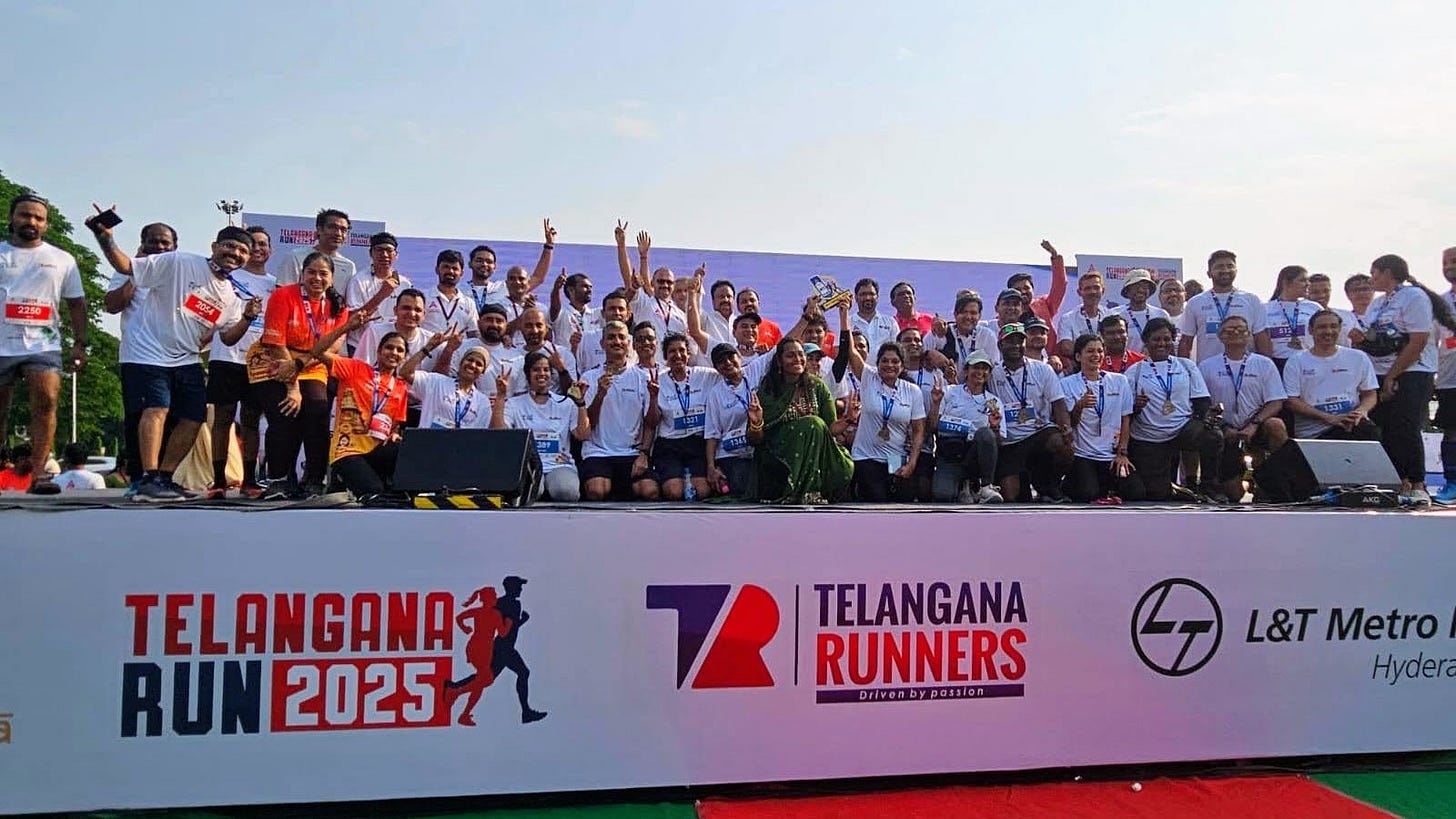
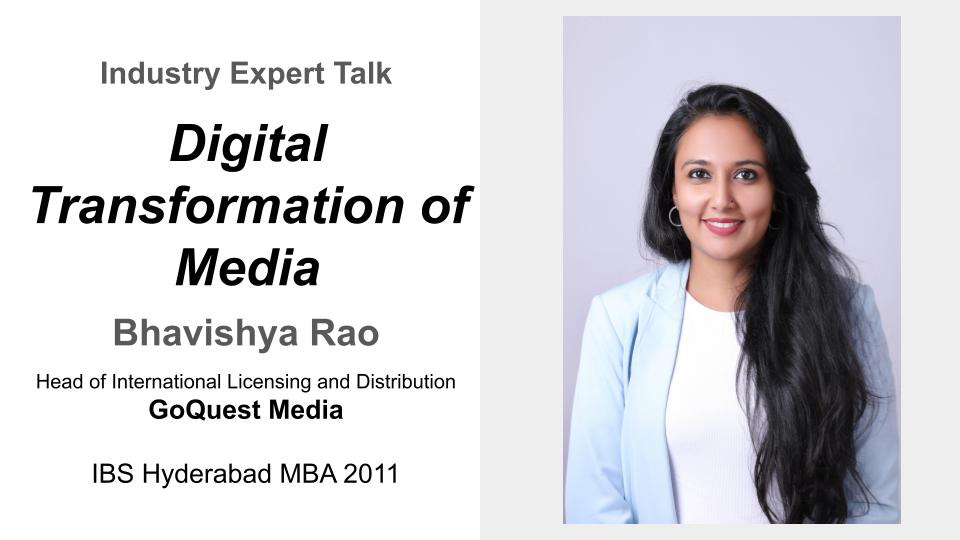
GLP-1 drugs not only treat diabesity but also influence gut microbiome diversity, enhancing metabolic health. Meanwhile, GPT AI models evolve by integrating emotional intelligence, reshaping leadership dynamics globally.